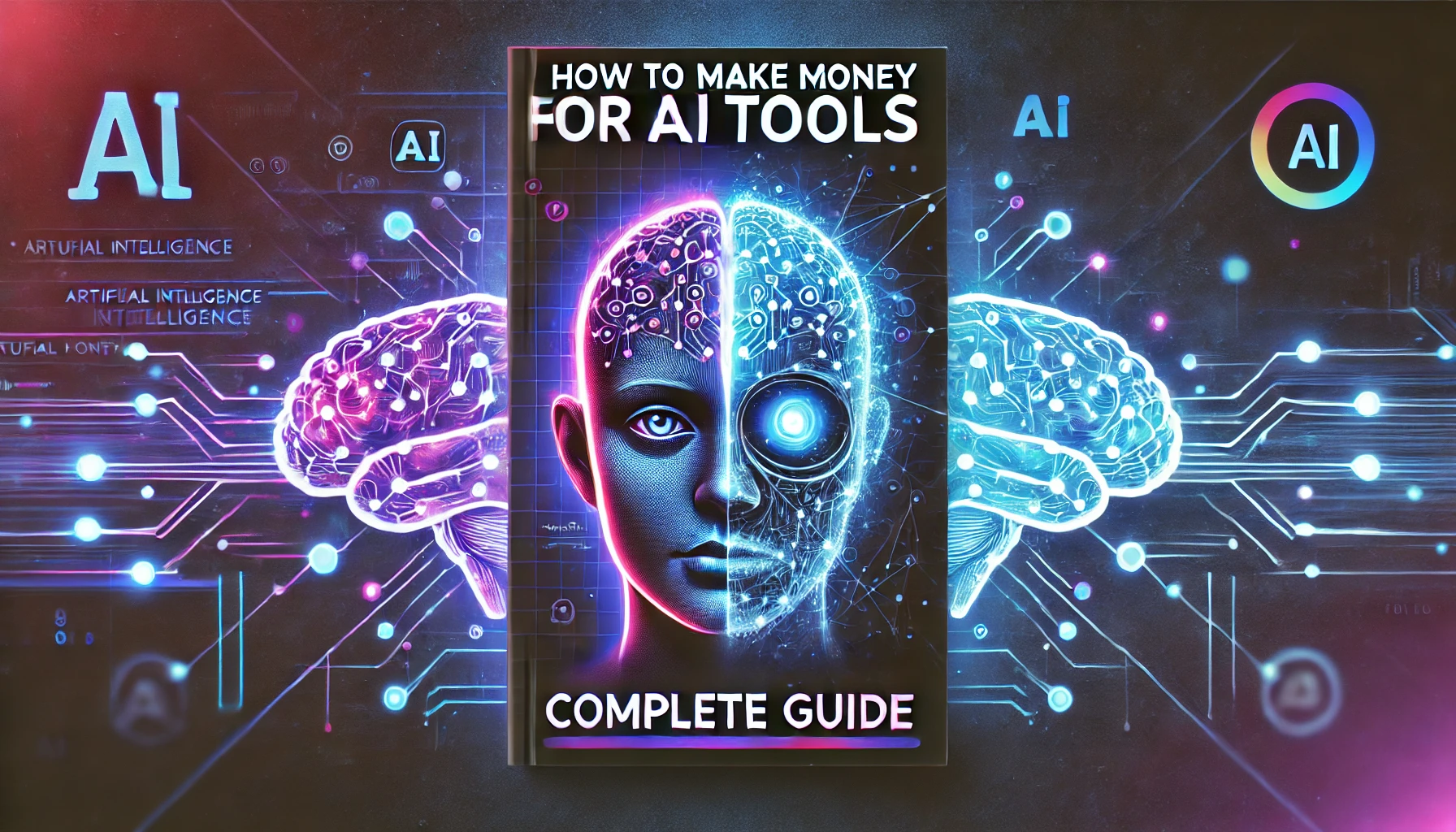rom Browsers to Bots: How Our Habits Have Changed
Since late 2022’s launch of ChatGPT, over 800 million users have adopted AI chatbots as their primary way to search and learn. Even Apple has noted a decline in Safari’s conventional searches—signaling a seismic shift in user behavior.
The Crumbling of Click-Bait Economics
– Traffic drought
As much as 15% of human search traffic disappeared in a year ending June. Education, reference, and health websites are suffering visitor losses of 10–30%.
– AI steals attention
Google’s AI overviews now satisfy 69% of news queries without any click-through—up from 56% before.
The Trouble Publishers Are Facing
– Dotdash Meredith’s CEO laments: “They are stealing our content to compete with us.” Sites now struggle to sustain their advertising and subscription models.
– Stack Overflow reports fewer questions posted, signaling community engagement decline.
– Wikipedia warns AI summaries are “blocking pathways” that bring readers and contributors to its pages.
The Response: Pay-to-Crawl, Revenue Sharing & New Models
Publishers and infrastructure firms are experimenting with creative countermeasures:
- Licenses & legal action
News Corp struck a deal with OpenAI; The New York Times signed with Amazon while suing OpenAI. Yet many copyright lawsuits still side with AI firms on “fair use.” - Bot paywalls & micro-transactions
Cloudflare enables sites to set terms for AI bot access, even charging them via crawl-permission fees.
Tollbit offers per-page or per-article rates, allowing variable pricing that favors original content. - Ad-revenue redistribution
ProRata’s model pays content sites based on their contribution to AI-generated answers, showing a path forward. - Independent business channels
Websites build direct-click strategies: newsletters, apps, live events. They shift to audio and video content, which is harder for AI engines to scrape.
Big Tech & Regulator Perspectives
- Google insists AI is an “expansionary moment,” pointing to a 45% growth in indexed sites and richer search interactions.
- Microsoft CTO Kevin Scott envisions an “agentic web,” powered by open protocols where websites and bots interact fairly.
Regulatory action is also underway:
- The U.S. antitrust case against Google may enforce data sharing and limit default-search agreements—driven partly by AI’s disruption of the web’s economics.
So… Can the Web Be Saved?
There’s no single solution yet, but the outlook includes:
- Human users stay valuable: Building experiences that go beyond quick answers, offering depth, discovery, entertainment, or community.
- AI bots should pay: Through crawl licensing and ad-revenue sharing models.
- Open standards and protocols: Embracing frameworks that decentralize power away from tech giants.
- Diverse monetization: Subscriptions, newsletters, apps, events, and audio/video formats create resilience.
Final thought
AI has undoubtedly undermined the internet’s decades-old bargain: “you produce content, I send readers.” To preserve creativity, investment, and openness, we must evolve that deal—by letting humans access knowledge for free while ensuring AI bots pay their fair share.
